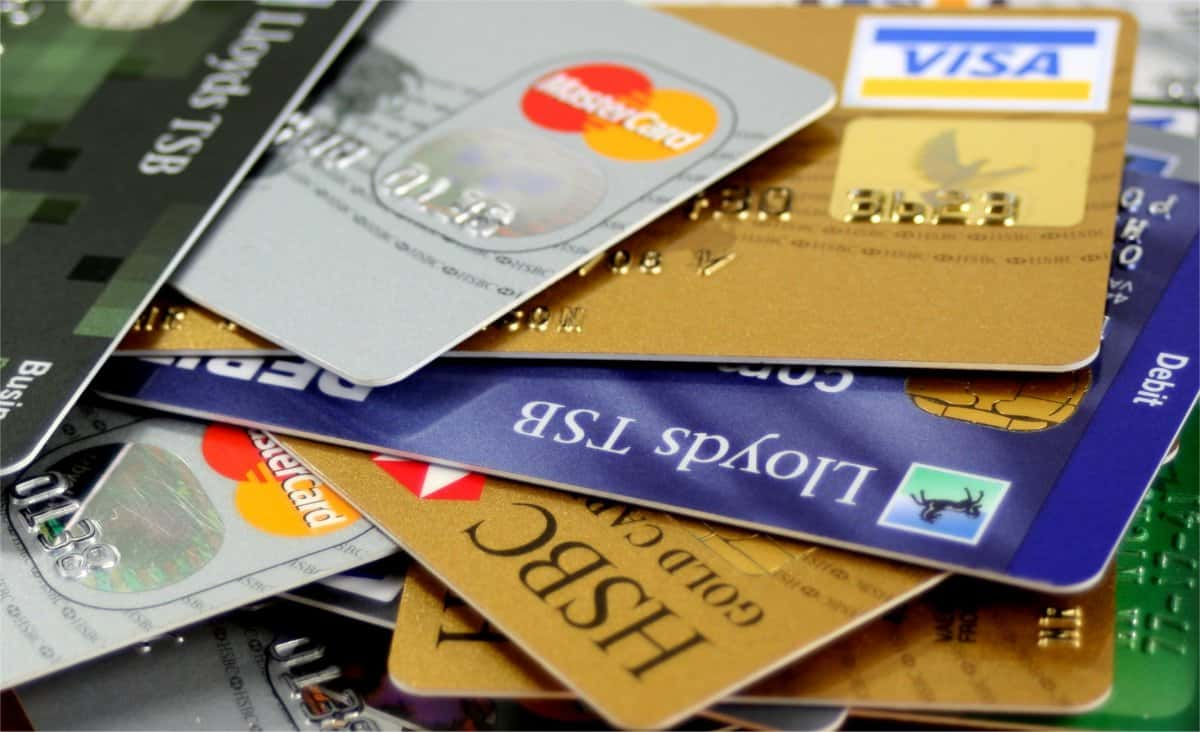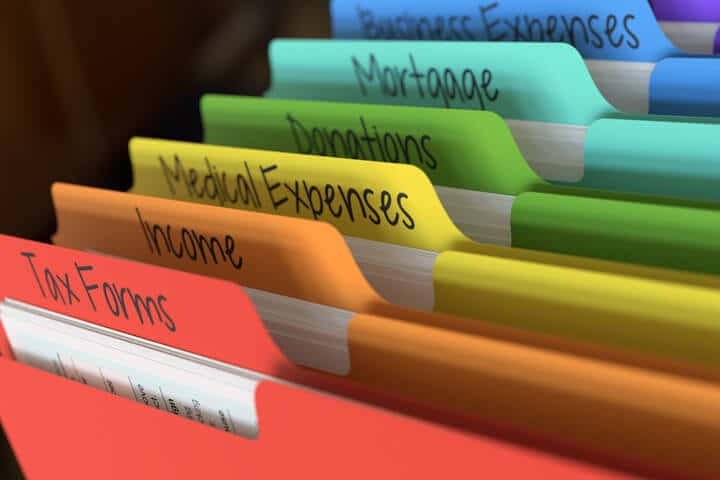
5 Personal Finance Tips You Must Know While You're Still Young
5 Personal Finance Tips You Must Know While You're Still Young
Many people who were fortunate enough to grow up and live under the financial shelter of their parents often did not think about their futures early on as they should have. It is such an advantage to have a solid grasp of basic financial concepts as early as possible so that one can be prepared to face the world with minimal shock. Here are 5 financial tips you must know while you're still young.
 Pxhere
Pxhere
#1 Start as early as you can
When it comes to saving, earlier is always better. In Canada, young adults have the option to file a tax return and start creating contribution room so that once they have jobs, they can start contributing to their RRSPs. An RRSP is a great way to prepare for retirement and starting contributions that early can help you get ahead of the game. Make sure to plan out a budget that will help make it easier for you to set money aside.
 SnappyGoat
SnappyGoat
#2 Understand credit cards
Credit cards can get you into a lot of trouble if you use them without understanding how they really work. They become especially dangerous when you start to rely on them too heavily—doing so can often send you down a hole of debt that can be difficult to get out of. If you own credit cards, make sure to watch your spending habits. Try your best to use debit for your transactions to avoid constantly borrowing from your cards.
 Picpedia
Picpedia
#3 Life insurance is key
The benefit of buying life insurance while you're young and healthy is that you will enjoy low and affordable premiums. There are also several policies that have a grandfathering clause, meaning that if your health were to suddenly change, you would still be able to keep the insurance policies you took out when you were younger.
 Pxhere
Pxhere
#4 Set your priorities
A car may seem like an easy investment, but it can get in the way of other financial goals you may have, such as buying a house. Think about it—a monthly payment of over $500 is what you would also need to save in order to afford a down payment on a house. It will be too difficult to manage two big purchases at a time, so it's important to prioritize which big expense comes first, and which of them can wait.
 Quote Inspector
Quote Inspector
#5 Avoid impulse spending
Impulse spending is one of the easiest ways to rack up credit card debt. Once you have access to adult money, it can be tempting to spend it on things you want but didn't prepare yourself to buy. It may help to set some ground rules for yourself. For example: if something costs $200, wait two hours before buying it. Similarly, if something costs $400, wait 24 hours before buying it, and so forth. Anything that is genuinely worth having is worth waiting for.
 StockSnap
StockSnap
Source
READ MORE

As the crisis continues, airlines are hemhorraging money. Will airlines survive this crisis? And if so, how?

If you're looking to expand your buying power, you need to check out the best credit cards of 2020. You won't believe some of these extras!

Whether it's an incompetent client or an unhinged attorney, these lawyers' stories of their most outrageous plot twists had us banging the gavel.

There is a reason why shows like Gray's Anatomy and ER are so addictive: Hospital drama is insane, and not just on TV—that stuff happens in real life, too.

Courtroom cases can take months or even years to go in front of a judge. Then, in the blink of an eye, it can all unravel spectacularly.

On TV, courtrooms seem like well-oiled machines. In real life, though? Not so much. These court cases are wild rides from start to finish.
Disclaimer
The information on MoneyMade.com is intended to support financial literacy and should not be considered tax or legal advice. It is not meant to serve as a forecast, research report, or investment recommendation, nor should it be taken as an offer or solicitation to buy or sell any securities or adopt any particular investment strategy. All financial, tax, and legal decisions should be made with the help of a qualified professional. We do not guarantee the accuracy, timeliness, or outcomes associated with the use of this content.
Dear reader,
It’s true what they say: money makes the world go round. In order to succeed in this life, you need to have a good grasp of key financial concepts. That’s where Moneymade comes in. Our mission is to provide you with the best financial advice and information to help you navigate this ever-changing world. Sometimes, generating wealth just requires common sense. Don’t max out your credit card if you can’t afford the interest payments. Don’t overspend on Christmas shopping. When ordering gifts on Amazon, make sure you factor in taxes and shipping costs. If you need a new car, consider a model that’s easy to repair instead of an expensive BMW or Mercedes. Sometimes you dream vacation to Hawaii or the Bahamas just isn’t in the budget, but there may be more affordable all-inclusive hotels if you know where to look.
Looking for a new home? Make sure you get a mortgage rate that works for you. That means understanding the difference between fixed and variable interest rates. Whether you’re looking to learn how to make money, save money, or invest your money, our well-researched and insightful content will set you on the path to financial success. Passionate about mortgage rates, real estate, investing, saving, or anything money-related? Looking to learn how to generate wealth? Improve your life today with Moneymade. If you have any feedback for the MoneyMade team, please reach out to [email protected]. Thanks for your help!
Warmest regards,
The Moneymade team













